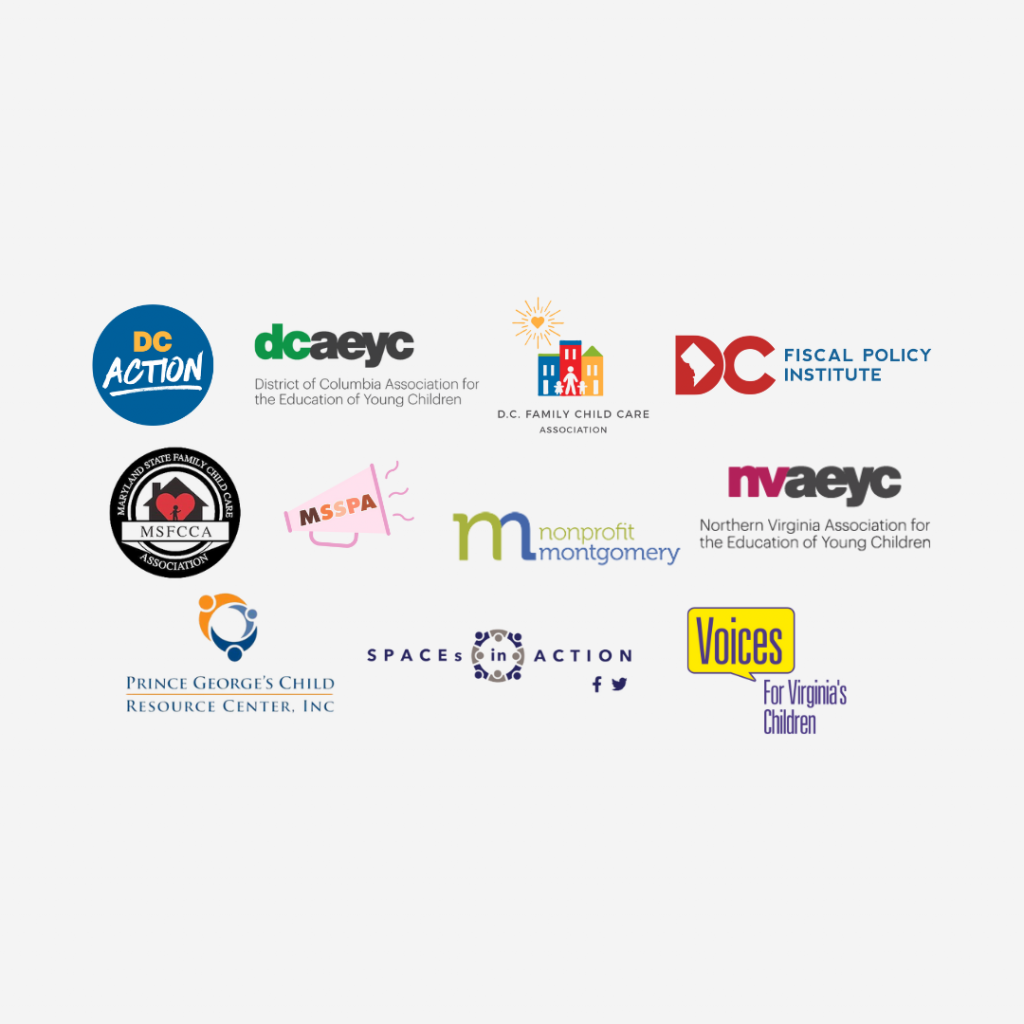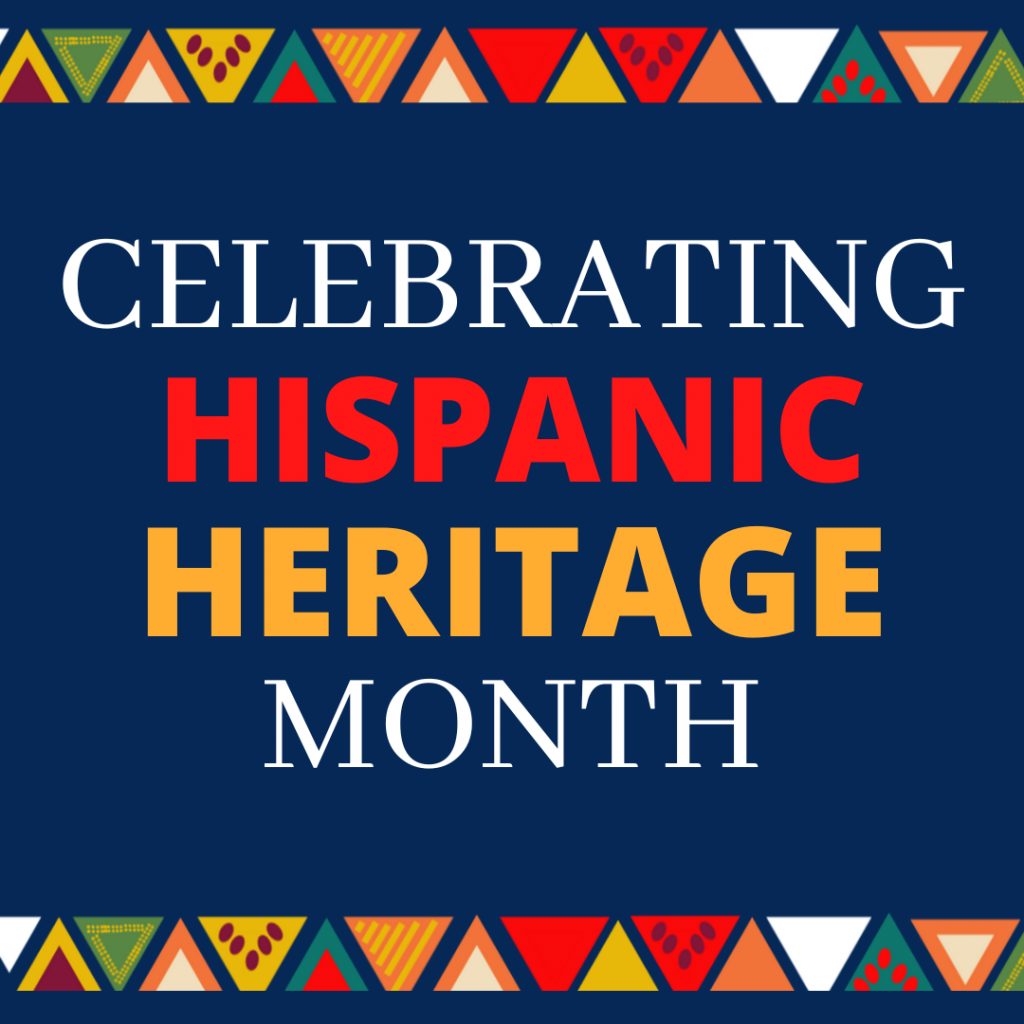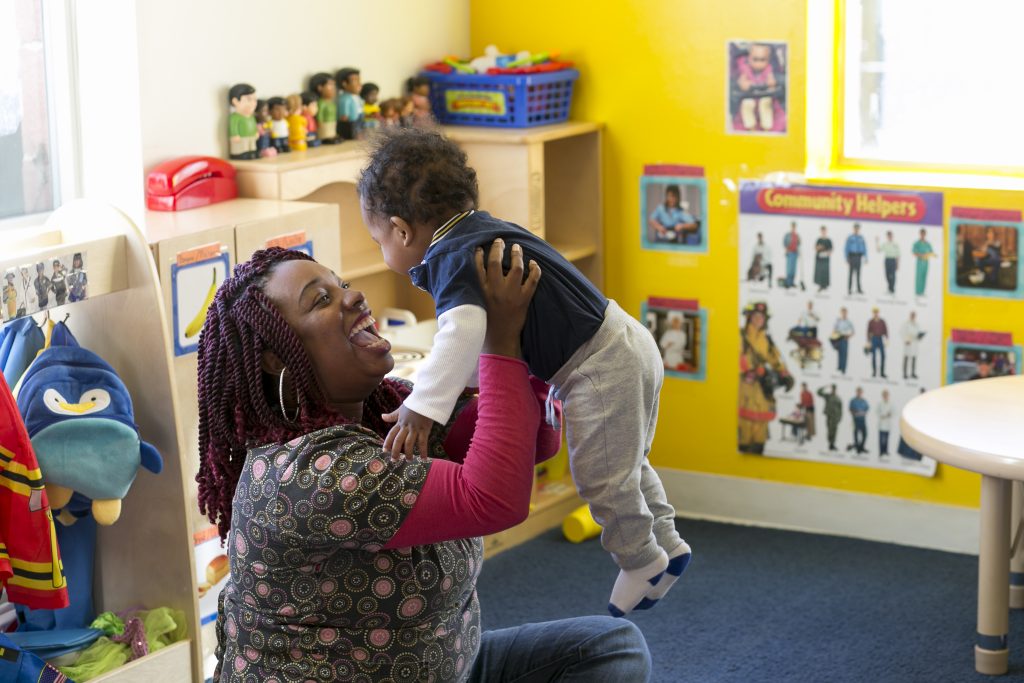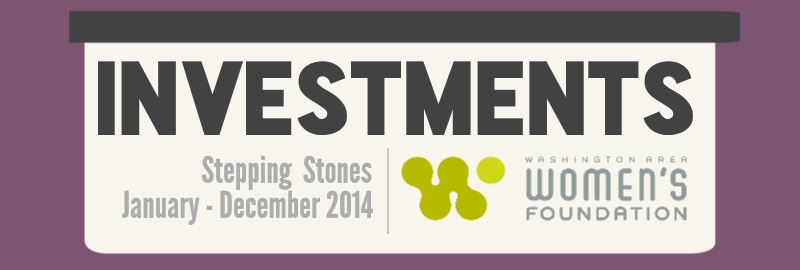
Investing in Our Children’s Future Through Early Care and Education
The Early Care and Education Funders Collaborative is working to increase access to high-quality early care and education in the Washington, D.C. region, where








Washington Area Women’s Foundation mobilizes our community to ensure that economically vulnerable women and girls of color in the Washington, D.C. region have the resources they need to thrive. Since 1998, The Women’s Foundation has worked to transform the lives of women and girls in our region and across the world.
© 2023 Washington Area Women’s Foundation
© 2025 Washington Area Women’s Foundation